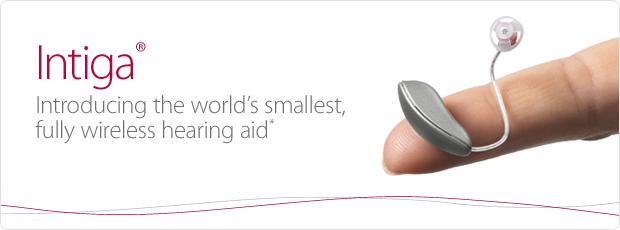One in 10 Canadians is living with hearing loss.
80% don’t even realize it.
Do you ever wonder if everyone else finds it as difficult as you do to follow a conversation in a noisy environment? Do you get frustrated that your spouse speaks so quietly, or mumbles incoherently? Do long meetings or conversations leave you feeling drained?
Even mild hearing loss will cause increased listening effort, which can make life decidedly less enjoyable – not just for you, but for everyone around you. Conversations get shorter, less spontaneous and more to the point. Eventually, they’re avoided almost entirely.
Consciously or not,
hearing loss you might not even know you have can cause you to retreat
ever further from the ones you love. And as you do, your relationships
crumble.
Could you be living with hearing loss and not even know it?
Call 250-914.3200 for a free hearing assessment. Because it’s better to
know than to not know.
Hearing aids alone won’t solve the problem.
Expecting to hear perfectly by simply purchasing a hearing aid is like getting hip surgery and expecting to dance out of the operating room. A hearing aid is just the beginning – it’s going to take time, and a trusted relationship with a hearing care professional, to restore your hearing.
3 crucial ingredients for restored hearing and communication:
1. Your readiness and motivation
The greater the degree of hearing loss, and the longer you’ve lived with it, the longer it will take to make new sounds sound “normal.” So you have to be ready to be patient. Don’t worry though – your investment will pay off in the improved quality of your relationships.


